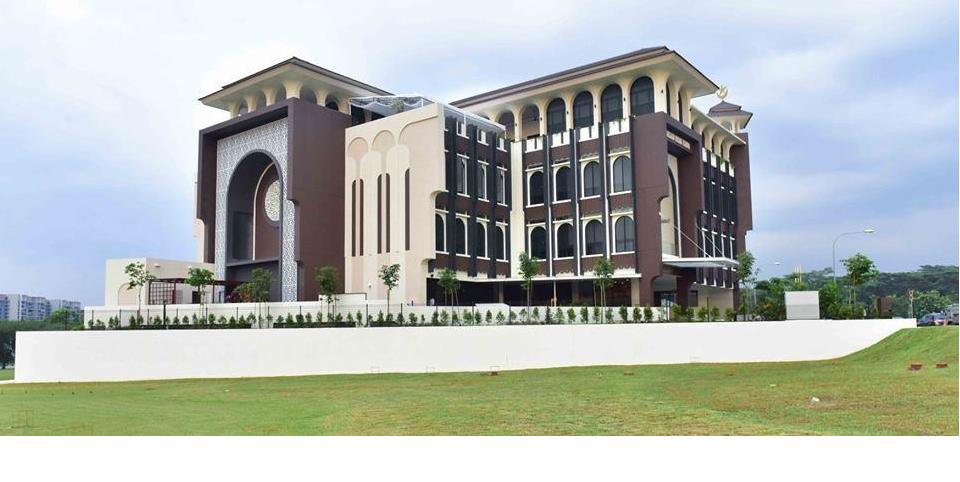On Sunday (8 March), South China Morning Post (SCMP) published a story regarding a study conducted by a team of researchers at Sun Yat-sen University in Guangzhou, the capital of south China’s Guangdong province.
The article notes that the researchers sought out to determine how the spread of the new coronavirus might be affected by changes in season and temperature.
Results from the study revealed that the “virus is highly sensitive to high temperature”, which could prevent it from spreading in warmer countries, while the opposite appeared to be true in colder climes.
Therefore, the study cautions that countries and regions which are in colder regions and experience low temperatures should exercise stricter control measures to combat the infectious disease.
Meanwhile, another study by researchers and epidemiologists like Marc Lipsitch from Harvard’s T.H. Chan School of Public Health, revealed that sustained transmission of the coronavirus and the rapid growth in infections was possible in a range of humidity conditions, said SCMP.
This would encompass both cold and dry provinces in China as well as tropical locations such as the Guangxi Zhuang, an autonomous region in the far south of the country, as well as countries like Singapore.
The study, which was published on February and is currently awaiting scientific review, also entailed that, “Weather alone, [such as an] increase of temperature and humidity as the spring and summer months arrive in the Northern Hemisphere, will not necessarily lead to declines in case counts without the implementation of extensive public health interventions”.
Apropos the study, the Guangzhou-based team of researchers took into account every novel coronavirus case confirmed around the world between 20 January and 4 February this year. The research covered over 400 Chinese cities and regions. These were subsequently modelled against official meteorological data for January from across China and the capital cities of each country affected.
The analysis indicated that case numbers rose in line with average temperatures up to a peak of 8.72 degrees Celsius and then declined.
“Temperature … has an impact on people’s living environments … [and] could play a significant role in public health in terms of epidemic development and control,” concludes the study.
This also illustrates that climate may have played a vital part in why the virus broke out in Wuhan, the central China city, where it was first detected.
Assistant Director at the Centre for Infectious Diseases Research at the American University of Beirut Hassan Zaraket explained that it was possible that warmer, more humid weather would make the coronavirus less stable and thus less transmissible, as was the case with other viral pathogens.
Mr Zaraket adds, “As temperatures are warming up, the stability of the virus could decrease … if the weather helps us reduce transmissibility and environmental stability of the virus, then maybe we can break the chain of transmission.”
However, according to him, even if this were the case, the benefit of the study would be greatest in areas that are yet to see widespread community transmission of Covid-19.
Whatever said, executive director of the World Health Organisation’s Health Emergencies Programme, Mike Ryan, has urged people not to assume the epidemic would automatically subside in the summer.
“We have to assume the virus will continue to have the capacity to spread,” he said.
“It’s a false hope to say, yes, it will disappear like the flu … we can’t make that assumption. And there is no evidence.”
To date, the novel coronavirus has infected 110,098 people globally and claimed the lives of 3,831 people. On the other hand, China has reported approximately 80,738 confirmed cases of the Covid-19, with 3,120 deaths.




